We share a lot of stories on our blog about Good Samaritans across the country who have the confidence in their training to step up and respond in an emergency. Very often, those stories involve sudden cardiac arrest and CPR, but today’s inspiration touches on another skill that can be just as vital to someone’s survival.
 The Transylvania Times in Brevard, NC reported on three Duke University students who used their Project WILD training to help someone in need. WILD stands for “Wilderness Initiatives for Learning at Duke” and that training empowered Jared Schwartz, Kyrstin Lulow, and Iza Szawiola to help a man suffering from anaphylactic shock in the Pisgah National Forest.
The Transylvania Times in Brevard, NC reported on three Duke University students who used their Project WILD training to help someone in need. WILD stands for “Wilderness Initiatives for Learning at Duke” and that training empowered Jared Schwartz, Kyrstin Lulow, and Iza Szawiola to help a man suffering from anaphylactic shock in the Pisgah National Forest.
One of the students, who also holds EMT certification, was able to use an EpiPen to treat the patient who had been stung by an insect.
These three rescuers truly made a lifesaving difference as it took Emergency Medical Services about 30 minutes to reach the remote woodlands area where the incident occurred and where the WILD team was undergoing their 10-day training adventure. Adding to the complexity of the incident was the patient’s inability to speak English. Instead, the rescuers had to communicate through the French-speaking gentleman’s children, who were understandably upset and distracted by their father’s distress.
Everyone involved did an amazing job. According to the article:
“Savanna Hershman, the program's outing director for the 2015 session, said that it's rare for a situation like this to occur, but she was proud of her group.
‘We have a lot of faith in our staff,’ she said. ‘They're all Wilderness First Responders and CPR certified. We know they can handle stuff like this easily, but it's still inspiring to see them in action like this.’”
You can read the whole story here.
Note to Instructors on Epi-Pen Training
Our ASHI Basic First Aid and MEDIC First Aid BasicPlus programs each include an optional topic section on the use of these delivery devices. Authorized instructors can access downloadable student handouts and skill guides in the “documents” section of their Otis portal.
The handouts cover how to prepare the EpiPen, deliver the medication safely, and how to remove and properly dispose of the auto-injector.
To learn more and see a short video clip about these injectors, see our blog “Springtime Is Sting Time — Training with EpiPen Auto-Injectors.”
Know of a Good Samaritan you would like to see recognized in our blog? Let us know by filling out our Good Samaritan nomination form.








.png?width=600&name=HSI-CTA-EmergencyCareTraining%20(1).png)











Comments